Political Realignment in Terror-Times
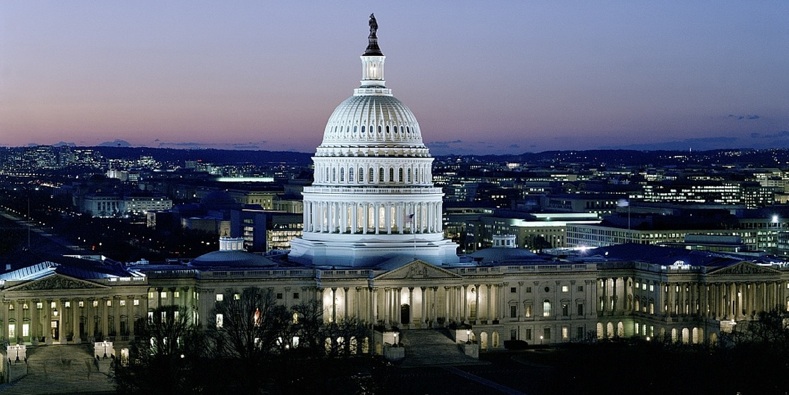
Louis A. Ruprecht, Jr. Assassination as a form of politics is a terrifying and recurrent aspect of American life.
Fashionable Intolerance
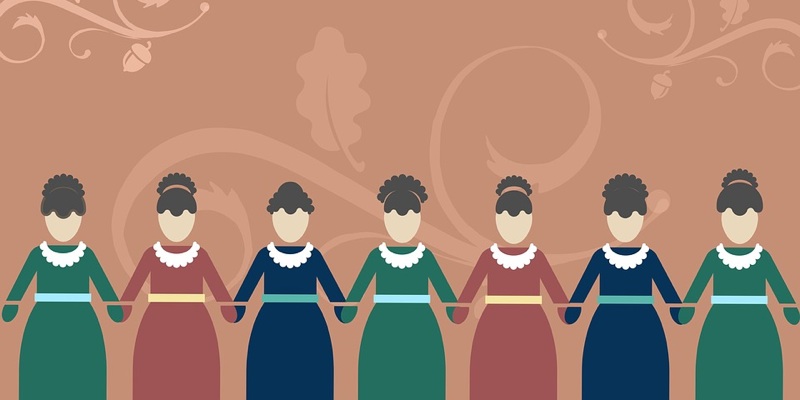
Kelly Baker A couple of months ago, I started watching the first season of Unbreakable Kimmy Schmidt on Netflix. In the premiere episode, Kimmy and the three other “mole ladies” are rescued by a SWAT team from an underground bunker.
From Sophia to Silicon: The Materiality of Information
Sylvester Johnson In my last post, I discussed Bina48, an intelligent machine engineered as part of the LifeNaut project. LifeNaut engineers have uploaded into Bina48 the memories, speech samples, and other cognitive patterns of an actual human, Bina Aspen Rothblatt.
American Secularism: Seven Questions
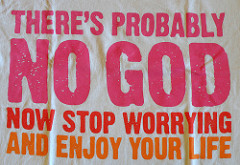
In our interview series, “Seven Questions,” we ask some very smart people about what inspires them and how their latest work enhances our understanding of the sacred in cultural life. For this segment, we solicited responses from Joseph O. Baker and Buster G. Smith, co-authors of American Secularism: Cultural Contours of Nonreligious Belief Systems (New […]
Accelerating the Contradictions with the Coen Brothers
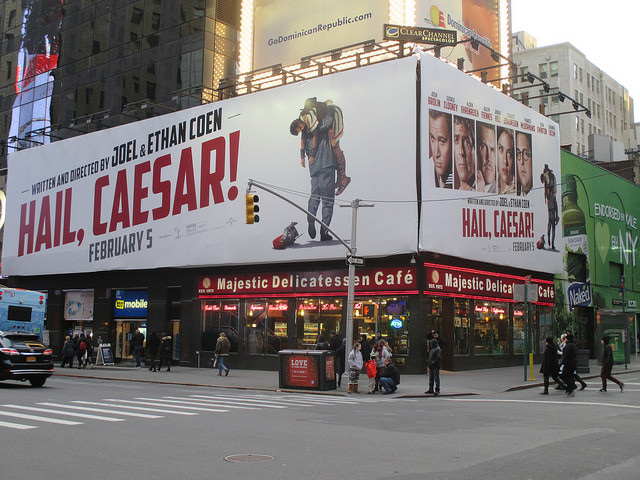
Mark Hulsether “Would that it were so simple.”
Independent Catholics, Social Justice, and “Sacramental Justice”

Julie Byrne How long will Catholics wait for church leadership to embrace the basic idea that women can serve in persona Christi—represent Christ to the people of God in ordained ministry—just as fully as men? Some Catholics stopped waiting a long time ago.
On Being Spiritual but Not Religious: Past, Present, Future(s)
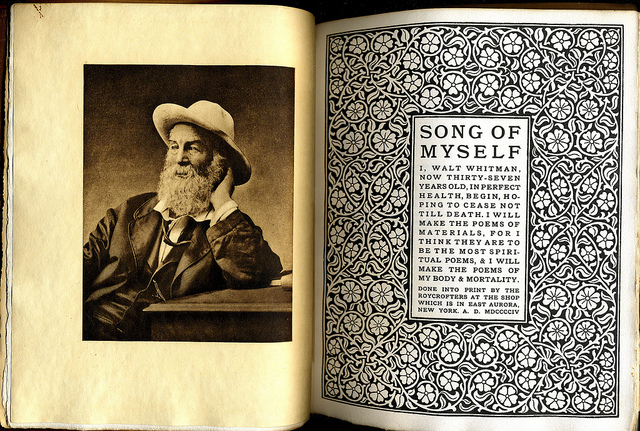
William B. Parsons What does “being spiritual but not religious” mean? It’s on dating sites, so it must be something! But is it clear-cut and easy to identify, or is it more like what Gertrude Stein once said about Oakland, California, namely: “There is no there there.” It’s a good question. We’ll shed some light on the spiritual but not religious movement (SBNRM) and on “being” spiritual but not religious (BSBNR).
On Bonnaroo’s 15th: The Sacred and the Psychedelic Tradition
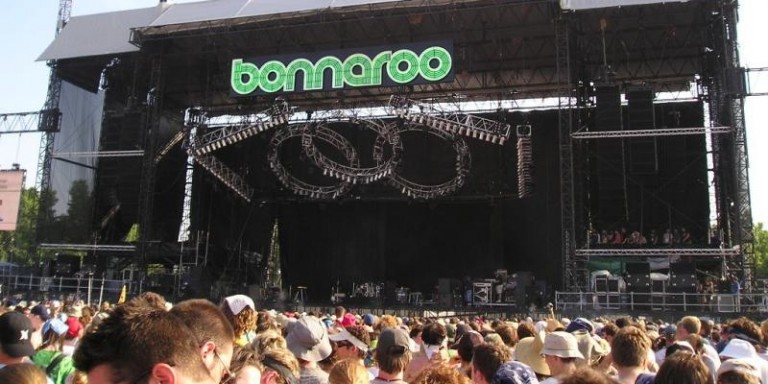
Scott Muir While 65% of the 655 individuals I surveyed at 10 such festivals report that they rarely or never “attend religious or spiritual services/gatherings,” participants overwhelmingly affirm the notion that these festivals are themselves sacred social events.
7 Questions for Matthew Avery Sutton
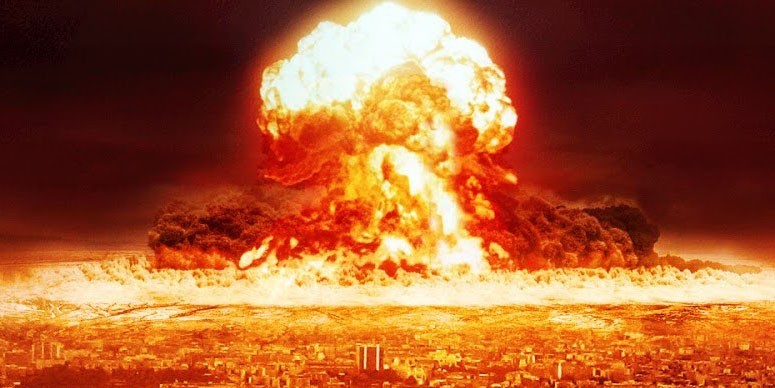
Matthew Avery Sutton I was not terribly interested in defining religion or the sacred. My focus was on how what my subjects would define as their religious beliefs and convictions functioned. I focused on the work that their religion did.
Candomblé Reconsidered: A Sacred Matters Interview
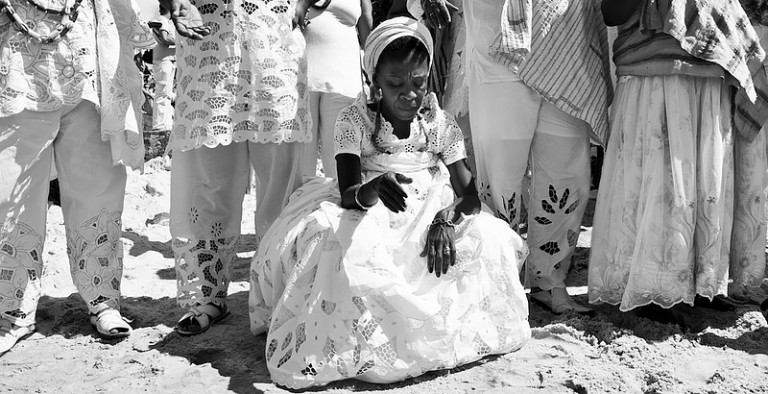
Dianne Stewart In the twenty-first century, increasing populations are becoming aware of the presence of African-heritage religions in the diaspora but we have still much to learn from and about these religions.
